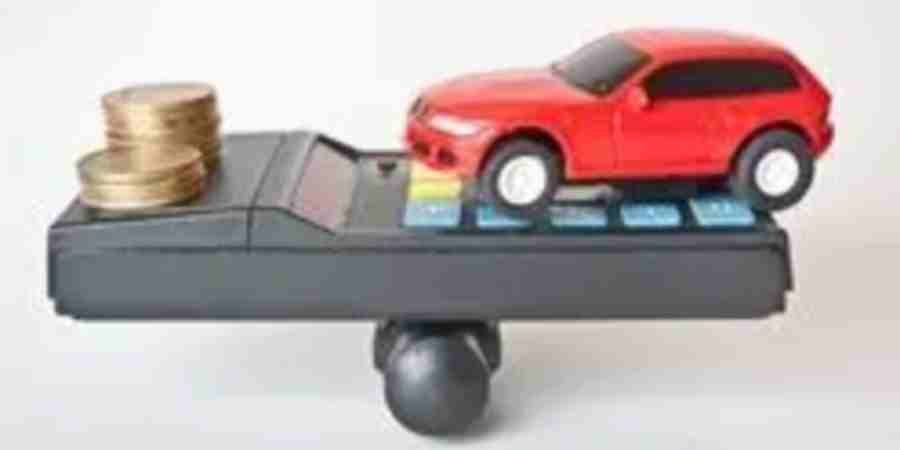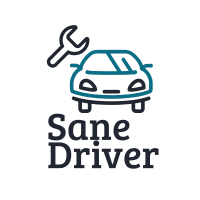What Happens if Your Car is Totaled? Not Your Fault?
What happens if your car is totaled? Generally, when a car is totaled, it means the cost of repairing it exceeds the market value of the car. In some states like Alabama, a car becomes a total loss if the repair cost is more than 75% of the value. For example, if a car is worth $10,000 and the repair cost is estimated at $8,000, it is considered a total loss.

The insurer can also determine when a car is totaled. In this case, the adjuster considers several factors, including vehicle mileage, condition, cash value, and more.
Unfortunately, without comprehensive or collision coverage, and your vehicle is totaled, you may have to spend money from your pocket to fund another vehicle. If you are leasing or financing your car, you may be mandated to have comprehensive or collision coverage. However, it is optional if you paid off your car.
When is a car Totaled?
A car becomes totaled when it has been in an auto accident and is not repairable or the repair cost exceeds the value.
What Happens if Your Car is Totaled?
This section highlights what happens if your car is totaled. When your insurance company totals your car, they will issue payment for the actual cash value of the car, minus the deductible on your collision or comprehensive coverage. Typically, the insurance company determines the total loss of your car based on the repair cost. If it exceeds the actual value, the total it and issue payment or get you a replacement vehicle, depending on your coverage.
As the car owner, you contact your agent to make an insurance claim. You will be paid for the actual cash value of your totaled car, minus your deductible on comprehensive or collision coverage, if any.
My Car is Totaled But It is Not My Fault
It can happen that your car is totaled but you are not at fault. For instance, a tornado wind can blow your car hundreds of feet away, causing the car to crash and the insurance declares it totaled. With comprehensive coverage, you can be reimbursed for the actual cash value of your car, minus your deductible.
Suppose your car is involved in an accident caused by another road user, your collision coverage may cover it. Your insurance company may require repayment from the insurance of the other driver to cover the loss, which means your insurer may also reimburse you for the deductible subtracted from your insurance payout.
What if You Are Paying Loan on Your Car Declared Total Loss?

If your totaled car is being financed, your insurance company will pay the claim to you and your lender. In this case, you may have to reach an agreement with your lender regarding how to release the payment. Most of the time, your insurance reimburses your lender first before any remaining money is paid to you.
You may still owe your lender more money than the payable amount you receive from your insurance. This means that you are liable for the loan balance, which will come from your pocket. For example, let’s say you owe $10,000 on an auto loan and the depreciated value of your vehicle is $8,000 when declared as a total loss. Your collision coverage can reimburse you for the actual cash value of your vehicle. In this case, you still owe your lender $2,000, which comes from your pocket.
If you include loan or lease gap coverage in your insurance policy, it protects you from paying the lender from your pocket when the vehicle is totaled. For some insurance companies, it is optional coverage available as part of an insurance package or a stand-alone coverage. It is typically available for brand new vehicles.
What to Do After the Insurance Totals Your Car
When the insurance company declares your car total loss, do the following:
File an Insurance Claim
You must file an insurance claim early. The vehicle damage could be more than you think. Just get the insurer involved to make their decisions.
Get Your Car to the Mechanic
You can have your car towed to any shop you want for inspection. You do not have to tow the damaged car to your dealer for damage estimation.
Collect Your Properties in the Car
Do not forget to collect your documents from the car. Retrieve all your vehicle paperwork to avoid having to request replacements. After an accident, many car owners forget their personal and valuable items in the vehicle in places including, the trunk and glovebox. Do not sign over the car to your insurance company without ensuring that all your valuables are removed.
Know Your Vehicle Value
It is important to know the cost of after-market items and all accessories in your car and not just the current market value. These additional items can increase the value of your car. Thus, increasing your final settlement amount.
The importance of knowing the true value of your car accessories is that you are able to negotiate better and confidently with your insurer to secure a better payout. Lots of consumers fail to negotiate for a higher settlement amount, perhaps because they think the adjuster’s decision is final and, maybe the best. You can also negotiate the worth of your totaled car according to the current market value of a similar car.
Another thing you want to find out at is your insurance company’s costs of replacing the totaled car. Consider the fees and taxes associated with purchasing a replacement car and the refund of the registration or license fee from the totaled vehicle according to the term remaining for that registration.
Note the following:
- How you estimate your car value may be different from that your insurer.
- You may not also receive the same payable amount equal the cost of purchasing a new car.
- Your insurer is not under obligation to buy you a new car unless your policy includes an active new car replacement coverage.
FAQs
How does the insurance company decide whether your car is totaled?
Before an insurance company totals your car, the adjuster determines the actual cash value of your car at the time of the accident. Factors used to determine the cash value include vehicle mileage, condition, age, and the selling price of similar vehicles.
Can you keep a car declared total loss?
Yes, you can keep your car after the insurance declares it a total loss. If you decide to keep your totaled car, the insurance company will deduct the salvage value from the total amount payable to you. The insurance company will also report your totaled car to the DMV for proper documentation and a new title will be added to the car. You would practically be keeping a salvage title car, which you must rebuild or restore to make it roadworthy.
Will your insurer give you a rental car after a total loss?
Your insurer can give you a rental car after a total loss if you have rental car reimbursement on your policy. It may last for up to 30 days.
What will an insurance company do with a totaled car?
What an insurance company does with a totaled car is that you transfer the title to them and they dispose of it as a salvaged vehicle.
- 10 Common Mistakes When Bleeding Brakes - September 12, 2023
- Dash Cam That Records When Car is Off [5 Best] - September 11, 2023
- How to Know if Dash Cam is Recording [10 Methods] - September 8, 2023




